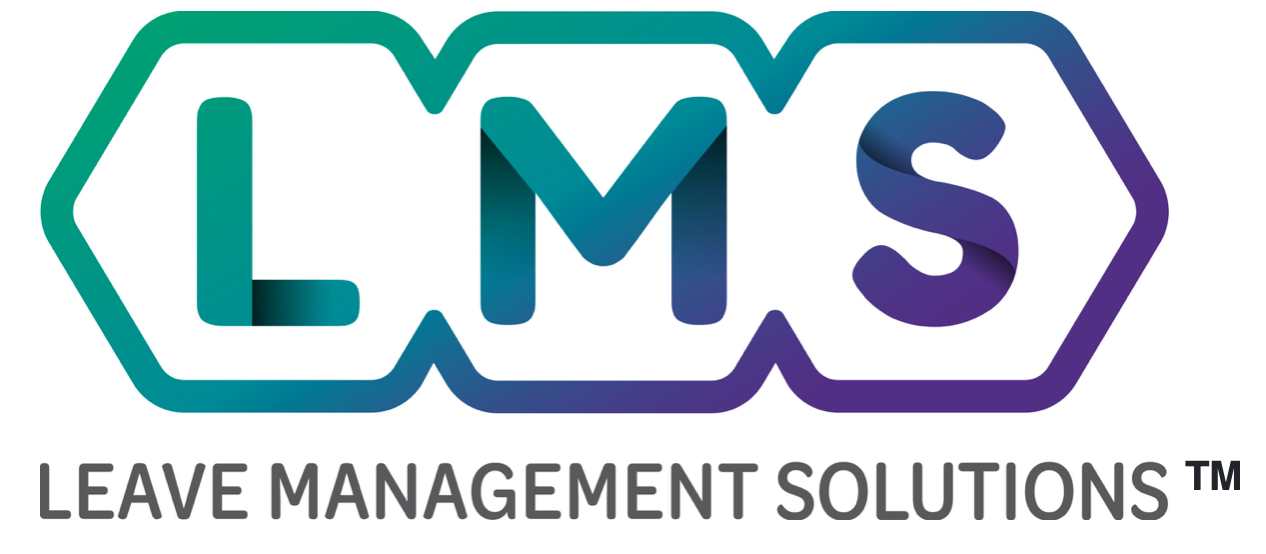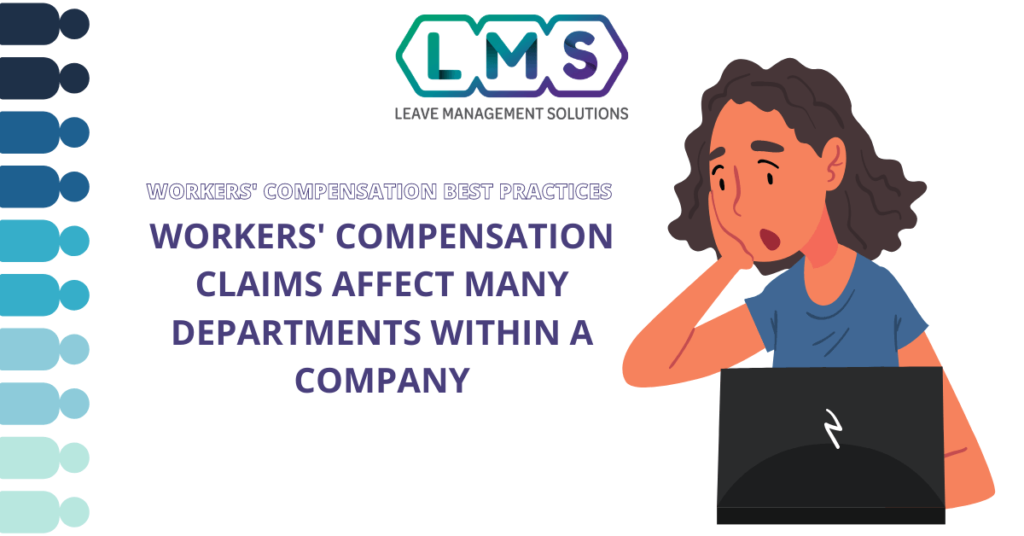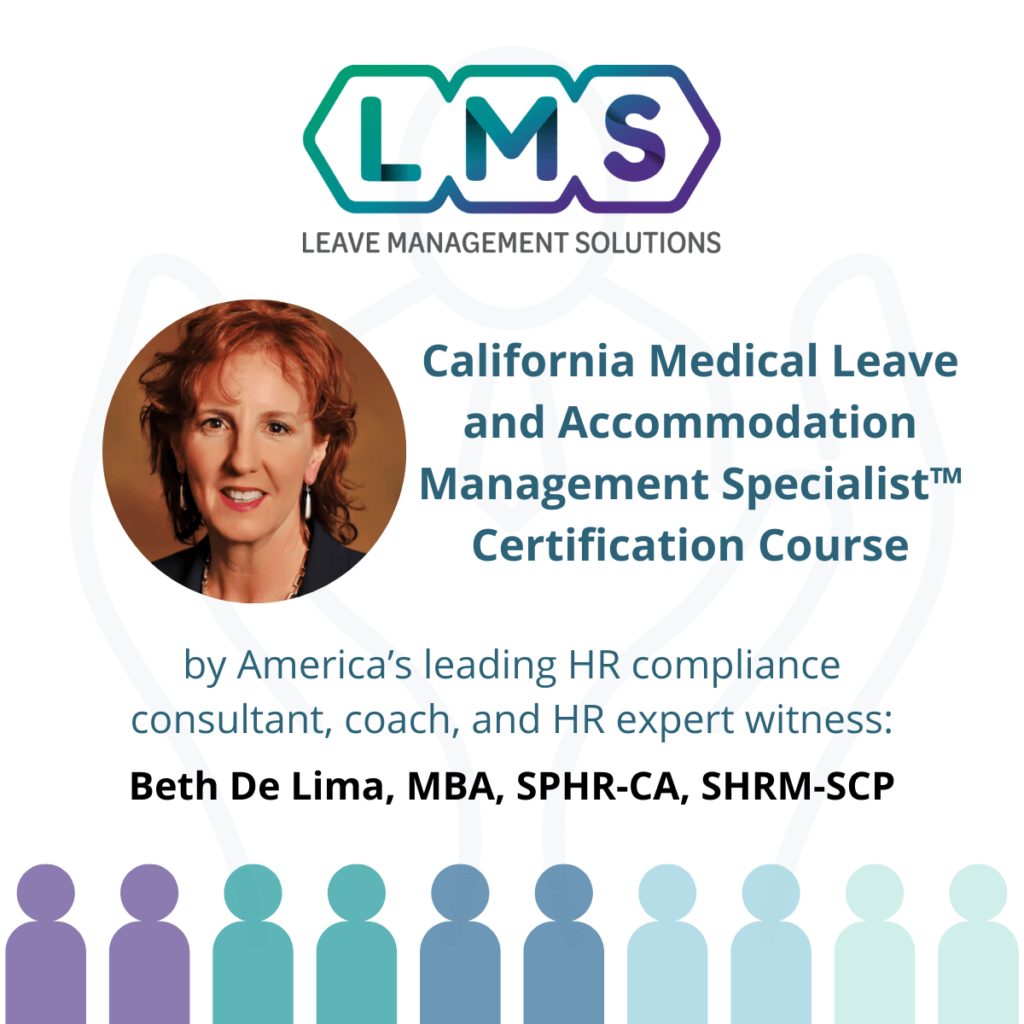Premium Content
Get Instant Access!
Enter your information to the right to unlock this premium content and get instant access to important answers to your HR questions!
Annie was injured on the job and has been on Workers’ Compensation leave. Her doctor gave her a return to work release with an on-going accommodation requiring weekly treatments by her chiropractor. Unfortunately, Annie is in constant pain and begins going to the chiropractor more frequently and is late to work on a regular and frequent basis. Annie’s supervisor applied the company’s attendance points system, and just before Annie was about to be disciplined, she informed her manager that her tardiness is related to her workers’ compensation injury.
Question:
The HR Manager wants help understanding which areas they need to address and what documentation is needed?
Answer:
First, we want to make sure that Annie is designated as FMLA, if eligible, for any time she takes off related to her Workers’ Compensation Injury. Since Annie has already returned to work, but appears to be having continued challenges, send a FMLA conditional designation (Form notification pending eligibility verification from her Medical Provider, for her Serious Health Condition). The FMLA Certificate should cover all her time off for the Chiropractic care as well as her need to have a little extra time in the morning, so we would expect the FMLA certificate to confirm the need for “as needed, intermittent leave” for continued treatment, with specific time off needed. This could also be considered an accommodation under the ADA, but always apply FMLA first for leave, then transition to the ADA when FMLA is exhausted, if it is not an undue hardship to continue to provide an unpredictable start time. But what are you going to do about the existing attendance points? If you knew or should have known, the ongoing late starts were a result of a protected Serious Health Condition under FMLA, you will need to determine if you should retroactively rescind the designated attendance points that were accumulated as a result of not working with the employee sooner to determine if the late starts were related to her medical condition.
Misunderstanding your state’s work comp regulations and how coverage works can cause legal and financial headaches for your business. The California Medical Leave and Accommodation Management Specialist Certification will help you navigate the intersections of regulations when HR is ready to deny, and how to act in accordance when regulations run concurrently.
You will learn when, where, and how to navigate and manage benefit denials for employees who are also covered by Workers’ Comp and PDL. Plus, you develop a strong understanding of the record keeping process to ensure you’ve got something to show what you did.
Learn how to identify who is eligible for FMLA/CFRA, explain the difference between a serious health condition and a disability, evaluate employee criteria for protection under FMLA/CFRA, and manage leave extensions with our FMLA/CFRA Designation Course.
In addition, you’ll learn how to identify the steps to take when FMLA is exhausted or denied, reasons to transition from FMLA/CFRA to ADA/FEHA, and how to integrate your Medical Leave and Accommodations policies with various types of leaves including Pregnancy Disability and Workers’ Compensation.
Learn from an HR expert, Beth De Lima, MBA, SPHR-CA, SHRM-SCP, who has over 28+ years of complex medical leave experience under her belt. https://www.leavemanagementsolutions.com/california-medical-leave-and-accommodation-management-system-certification-ca-2


